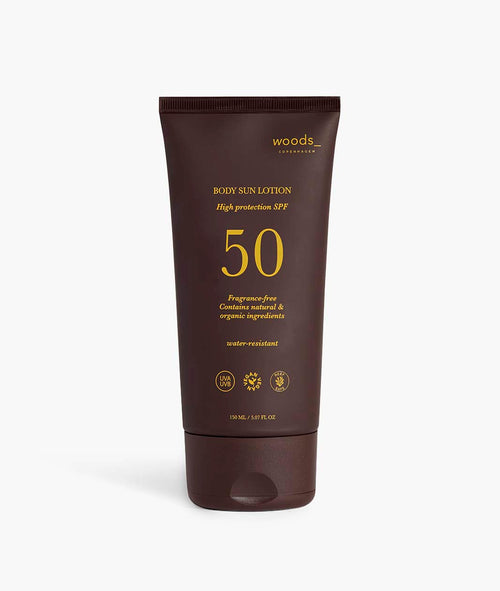DO
... choose broad-spectrum sunscreen: Look for sunscreen labeled as “broad-spectrum,” which protects against both UVA and UVB rays. UVA rays penetrate deep into the skin and can cause skin cells to age prematurely, while UVB rays are responsible for damage on the top layers of the skin.
Using broad-spectrum sunscreen is, therefore, vital to ensure you’re protected from both types of UV radiation.
... use SPF30 or higher: Select at sunscreen with a Sun Protection Factor (SPF) of 30 or higher. SPF measures how well a sunscreen protects against UVB rays. Higher SPFs may offer slightly more protection, but no sunscreen can block 100% of UV radiation, which is why you should also guard yourself with sun hats, sunscreens, and of, course, shadow.
... apply generously and often: Apply sunscreen generously and be sure to reapply every two hours, or more frequently if swimming or sweating – yes, even if the sunscreen is labeled as water-resistant.
... check expiration dates: Yes, sunscreen does expire, so it’s important to check the expiration date before using it, as expired sunscreen may not provide adequate protection against UV radiation. If there’s no expiration date listed, consider replacing the sunscreen after a year.
... be extra cautious near water, snow, and sand: Water, snow, and sand can reflect and intensify the sun’s rays, increasing the risk of sunburn. Apply sunscreen more frequently when near these reflective surfaces, and wear protective clothing to minimize exposure.
DONT
... rely solely on high SPF: While SPF is important, it’s not the only factor to consider when choosing sunscreen. Higher SPF values may offer slightly more protection, but they can also give a false sense of security, leading to inadequate application and increased sun exposure.
In short, make sure to apply often and generously – no matter the SPF.
... apply too late: Sunscreen needs time to absorb into the skin and provide effective protection. Therefore, remember to apply sunscreen at least 15 minutes before sun exposure to make sure the formula is perfectly prepared to offer you optimal protection.
... neglect sensitive areas: Don’t forget to protect often overlooked areas like the ears, lips, scalp, and tops of feet – these are prone to sunburn but are sometimes neglected when applying sunscreen.
... skip sunscreen on cloudy days: UV rays can penetrate clouds, meaning you can still get sunburned on grey days. Therefore, even when the sky is overcast, it’s essential to apply sunscreen to protect your skin from UV radiation – we promise you it's never wasted.
... “forget” sunscreen on short trips: Whether you’re running errands or spending a short amount of time outdoors, don’t skip the sunscreen. UV radiation can cause skin damage in as little as minutes of exposure, so it’s crucial to protect your skin – even for brief periods outdoors.
The conclusion? Sunscreen is a vital tool for protecting your skin from the harmful effects of UV radiation. By following our dos and don'ts, you can ensure you're using sunscreen effectively and reducing your risk of sunburn, premature aging, and skin cancer.
Remember to choose a broad-spectrum sunscreen with SPF 30 or higher, apply it generously and often, and complement its use with protective clothing and seeking shade whenever possible. By incorporating these sun-safe habits into your routine, you can enjoy the outdoors while keeping your skin healthy and protected – that's a win-win, if you ask us!
Get even more SPF-smart in our blogpost How to choose the right sunscreen.
Related Products
More posts
-
3 common myths about dry skin – debunked
It’s itchy, it’s uncomfortable, and it’s unwanted. Dry skin can seem like a curse, which is why we want you to avoid pitfalls that can potentially make it worse. Get...
Read more -
Restoring damaged skin: your guide to a healthier barrier
Your skin, the body's largest organ, is a remarkable protector. Actually, it serves as quite the bodyguard (literally). But sometimes, it faces various forms of damage, caused by everything from...
Read more -
Breaking beauty ideals: how to love the skin you’re in
In a world increasingly obsessed with curated images and filtered realities, the pressure to conform to unrealistic beauty standards has never been higher. Many of us face daily comparisons to...
Read more
- Choosing a selection results in a full page refresh.
- Opens in a new window.





